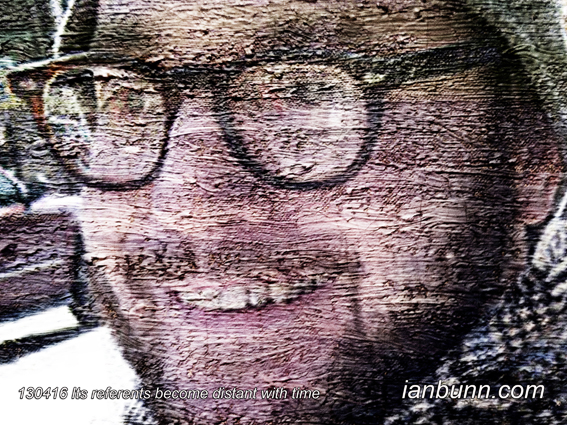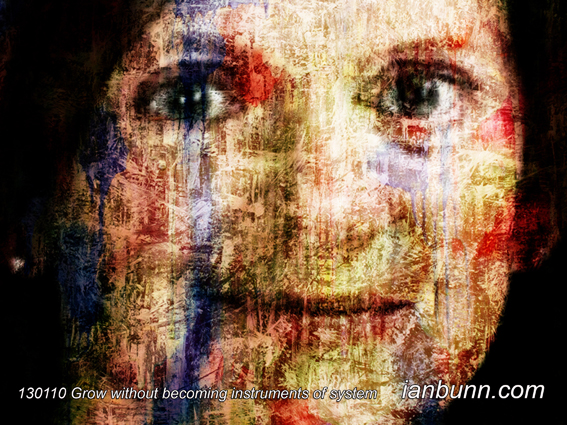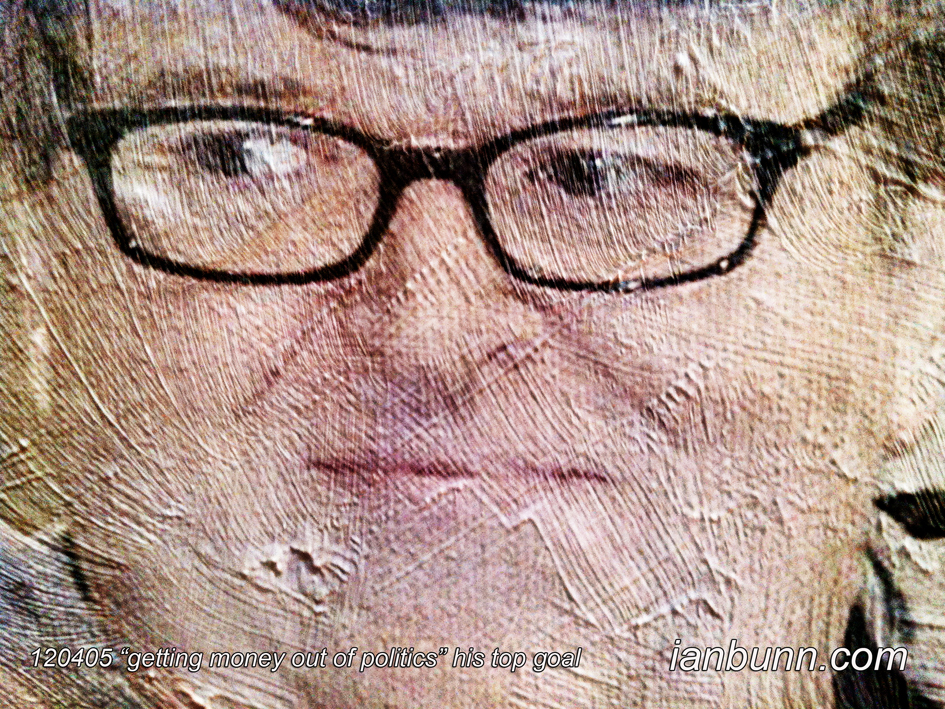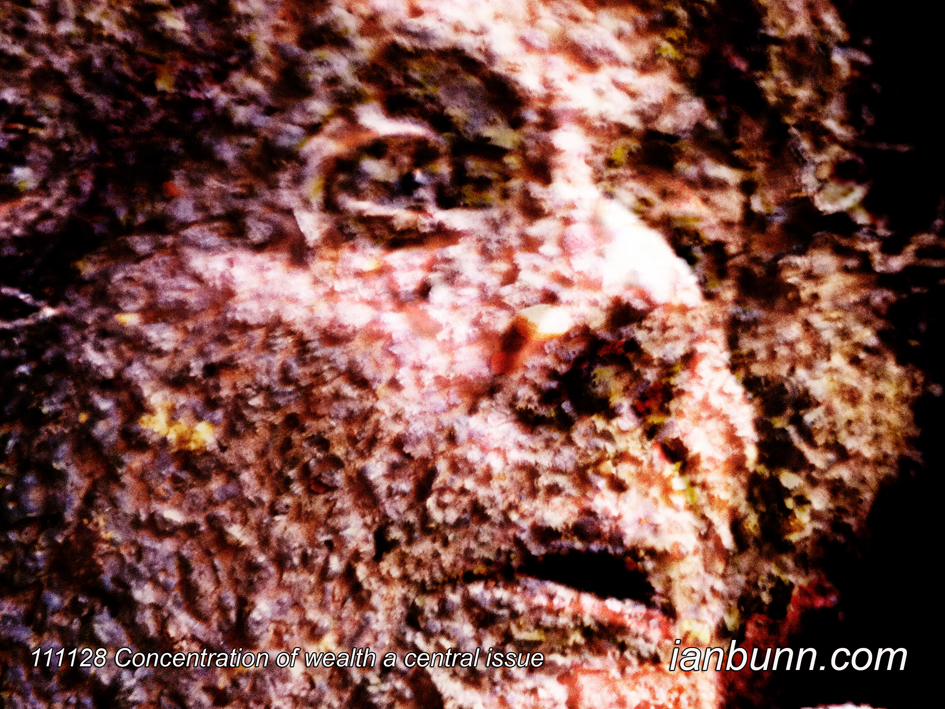 Its referents become distant with time (April 16 2013)
Its referents become distant with time (April 16 2013)
Jason Lazarus the 37 year old American artist, curator, writer, and Assistant Adjunct Professor has been interviewed by Julia Halperin for Blouin Artinfo in an article titled ‘26 Questions for Semiotically Inclined Photo and OWS Sign Artist’. In the article Lazarus states “The documentation of OWS created more questions than answers — the disparate messages on protest signs resisted clear, linear, or congealing narratives that traditional media rely on to produce content. Re-creating the signs, collaboratively, with the public, allowed a way to not only produce those messages documented widely across time and space en masse, but the process of creating them literally slowed down readings of the phenomenon, producing an experience of heightened awareness of the productive (unresolved) questions that linger in OWS’s wake as well as to the economy of protest (materials, aesthetics, scale, textual play/innuendo/multiple layers of meaning). The project is a kind of reverse-photography, imaging 3D sculptures from flattened images demands a careful, multiple-layered, and active reading. …The project … frames a collective process of becoming where our strain of late capitalism is openly and visibly questioned and criticized as incompatible with our current iteration of democracy. Meanwhile, the capital in the system, like water, continues to fill in the gaps with unending resilience and infinite flexibility. … it’s important to me that the project started as re-created signs that actually occupied public space as part of Occupy USF Tampa, and they have since traveled to alternative exhibition spaces on their way to a museum. They will make their way back to alternative venues and street as well. Political art is optimal when it’s most liquid, able to travel through contexts and paradigms. I’m interested in how this project will change as its referents become distant with time.”
Inspired by Julia Halperin, Blouin Artinfo ow.ly/jAq2p Image source Twitter ow.ly/jAq0S



